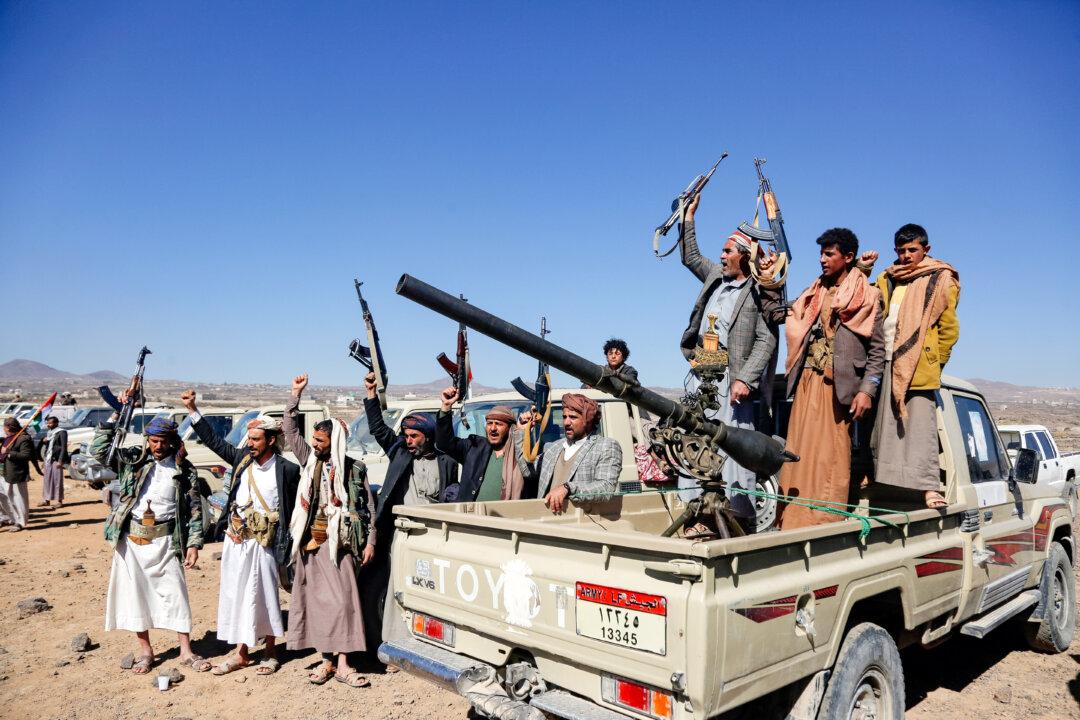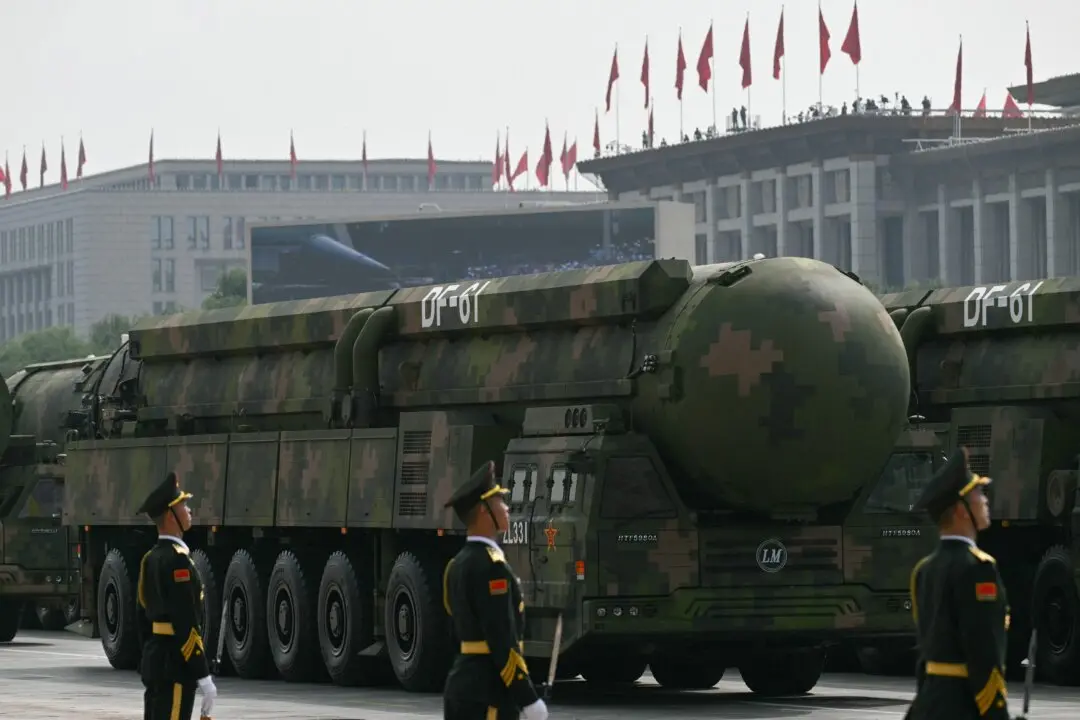The U.S. Treasury Department announced new sanctions on June 17 that target two individuals and five business entities suspected of funneling weapons components and aid to the Houthis in Yemen, who continue to target commercial ships with drone and missile attacks.
The sanctions come as the United States has been battling to stop the Houthis from launching drone and missile attacks that have disrupted international shipping through the Red Sea and its surrounding waterways.





